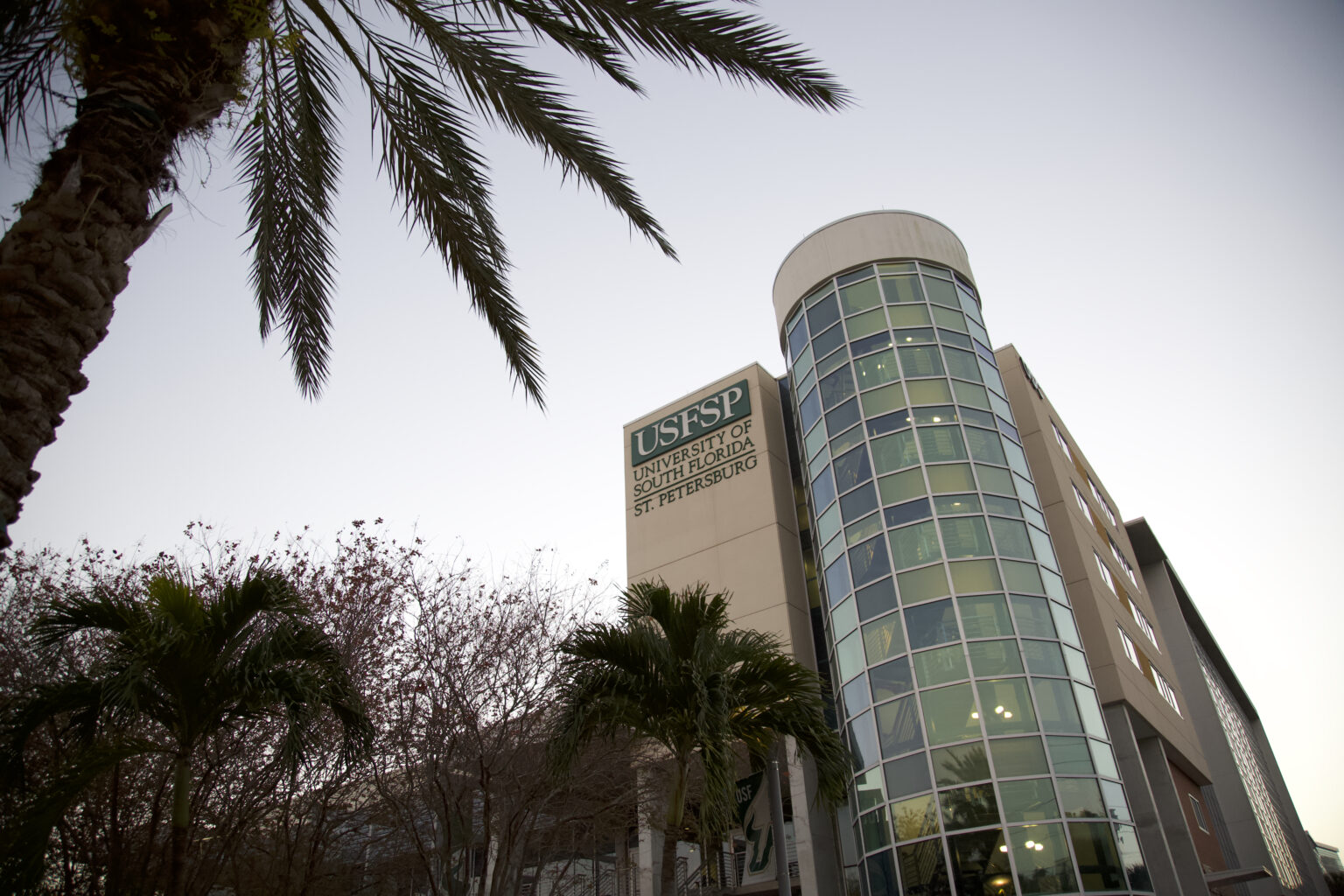UMatter program receives $1.2 million from USF alumni

When Eileen Hafer was exposed to the intellectually disabled community while teaching in public schools, she realized she wanted to help those students in their postsecondary education — a mission that years later led her to donate $1.2 million Sept. 30 to the USF College of Education UMatter program.
The program is dedicated to helping those with intellectual disabilities experience college life and support their entry into the workforce, according to the UMatter website. The donation will be dedicated to funding its normal operations to support the students and its mentors, as well as potentially expanding the program to the Tampa and Sarasota-Manatee campuses.
“They deserve to have the same opportunities as the rest of us, but far beyond that is an understanding in the community that these people are part of the community and that they can be very valuable to us in a lot of ways, in particular, relationally,” Hafer said.
“I don’t see it as charity. I don’t see it as me giving. It’s just the way the world should be operating because there’s a lot of things in this world that divide us. And this should not be one of the obstacles that divide us here.”
UMatter was launched in August 2020 after receiving a $900,000 grant from the Florida Center for Students with Unique Abilities. Since then, the College of Education at the St. Pete campus welcomed its first class of seven students last year, where they have been taking classes and participating in clubs and residential life.
The program involves an individualized study plan and upon completion, students receive a certification of completion and a Career Readiness Badge. This allows its participants to find employment beyond entry-level jobs, in specific careers they are passionate about.
UMatter also gives participants the typical college social experience. Students are able to live on campus in residence halls with the aid of residential coaches and bond with their peers and mentors, according to the UMatter application. By partaking in extracurricular activities and clubs, the participants will be able to fully appreciate college life.
Hafer graduated from the College of Education in 1988 with a degree in elementary education, which she used to teach general education and exceptional student education in the Hillsborough County Public Schools.
Her first exposure to the intellectually disabled community sparked her passion to support a group often underrepresented in postsecondary education, she recalled from her teaching experience.
“[I had] an eventual realization that this world was created for all of us, not just some of us,” Hafer said. “When you work with children and see the purity in their hearts, it’s really easy to see how kind children can be. That was the spark. Realizing children are very accepting of each other when they’re young, and why wouldn’t we do that forever?”
Hafer was introduced to Lyman Dukes III and Louise Danie Roberts-Dahm, the co-principal investigators of the program, who at the time were working to secure the initial grant to form the program.
“When I met these two professors, it seemed their passion and enthusiasm really matched mine,” Hafer said. “I said, ‘This is it. This is exactly what we’re doing and I’m really proud that my university and my College of Education has decided to step up and do it.’”
Hafer, Dukes and Roberts-Dahm said the program is beneficial, not only for the program’s participants, but also the community. Roberts-Dahm said by including intellectually disabled individuals in the USF community, it will pave the way to bringing inclusivity in the workplace.
As students go into the workforce to create their own businesses and hire intellectually disabled employees, Hafer said the program will further change the perspective around those with intellectual disabilities.
“[So] far it’s gone quite well,” Dukes said. “The students are adjusting to college life really well and living on campus in the residence halls, and engaging in social activities, joining clubs and going to class and studying.”







